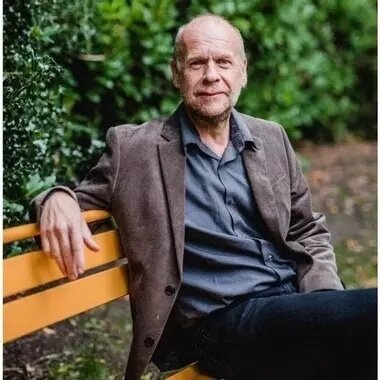Right to Development
The Expert Mechanism on the Right to Development, appointed by the United Nations Human Rights Council, consists of five independent experts elected on a geographic basis. Professor Dr. Koen De Feyter served as an independent expert from 2021 to 2023, and chaired the Expert Mechanism from November 2021 to April 2022. He drafted the Expert Mechanism's thematic study on the duty to cooperate and non-state actors (A/HRC/54/84), which was published on 5 July 2023. This page gives an overview of the purposes of the study, and provides a resource hub bringing together relevant academic literature, background studies and official documents.

Koen De Feyter is Professor of International Law, Spokesperson of the Research Group on Law and Development and Academic Coordinator of the Master of Laws program at the University of Antwerp.
© Nattida-Jayne Kanyachalao
"Solidarity and the duty to cooperate are at the very heart of the right to development." Koen De Feyter, 4th session of the EMRTD
Objective of the Study
The global dimension of the right to development requires that States cooperate to mobilize appropriate technical, technological, financial, infrastructural and other necessary resources for the realization of human rights. While the duty to cooperate applies first and foremost among States, it also implies a broader partnership with non-State actors, consistent with the use of the term “all stakeholders” in the 2030 Agenda on Sustainable Development and the United Nations Sustainable Development Cooperation Framework.
Consequently, the purpose of the study is to investigate how constructive engagement among Member States and relevant actors can lead in practice to the realization of the right of local communities, i.e. by ensuring their active, free and meaningful participation in development and in the fair distribution of the benefits resulting therefrom.
On the basis of this investigation, recommendations will be formulated on a further clarification and operationalization of the duty to cooperate as an instrument for the realization of the right to development.
For the purposes of the study ‘relevant actors’ include not only the State exercising territorial sovereignty over the relevant activity that retains the primary responsibility for the creation of national conditions favorable to the realization of the right to development, but also other States, intergovernmental organizations, foreign investors, grassroots organizations and local communities.